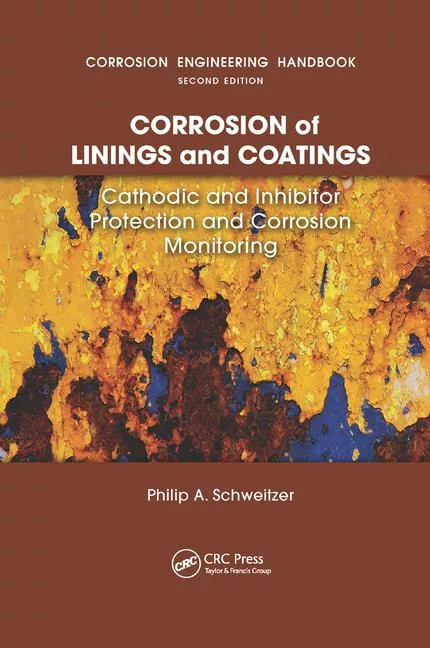Newark, NJ, Joins Ranks of Plaintiffs Filing Lead-Paint Suits Against Industry
Named as defendants in the case are eight companies, including DuPont Co., The Glidden Co. and The Sherwin-Williams Co.
Newark Mayor Sharpe James said the suit was filed "because lead-paint makers have done nothing to remove the land mines they placed in our homes or to rectify the harm they intentionally inflicted on our children." But spokesmen for the defendants said the Newark case is simply the latest in a long line of frivolous complaints that the industry has successfully defended.
"This lawsuit is not the answer to resolving lead-paint problems in Newark, just as similar lawsuits in other places have not helped children," Alan Wheat, a consultant to several companies, was quoted as saying in the Newark Star-Ledger newspaper. Wheat, a former congressman from Missouri, said hazards from old lead-based paint in Newark can be blamed on "decades of neglected maintenance by the city's public and private property owners."
The Star-Ledger said attorneys for the manufacturers also indicated they will argue that the city's history of failing to address lead hazards contributed more to the problem than paint sold legally as long as 50 years ago. Industry attorneys also cited the fact that one of the lawyers representing Newark against the paint companies is Christopher Placitello, who filed a huge class-action suit against Newark nearly a decade ago for "failing to protect its children from lead hazards." The suit was settled in 1996 when the city agreed to a massive emergency overhaul of its lead-prevention program.
Placitello said the case amounts to a "matter of money. The city doesn't have the money. The state doesn't have the money. The paint companies do."
But the industry, to date, has yet to lose such lawsuits or settle a case out of court. Industry representatives point out that lead-based house paints were phased out after questions arose regarding the health hazards of lead, and their use was discontinued long before the federal government banned them in 1978. The industry, led by the National Paint & Coatings Association, also has sponsored extensive educational programs regarding prevention of health hazards from old lead-based paint. In addition, the industry-supported CLEARCorps program addresses lead hazards in inner-city areas with a combination of educational and abatement activities.
Looking for a reprint of this article?
From high-res PDFs to custom plaques, order your copy today!





